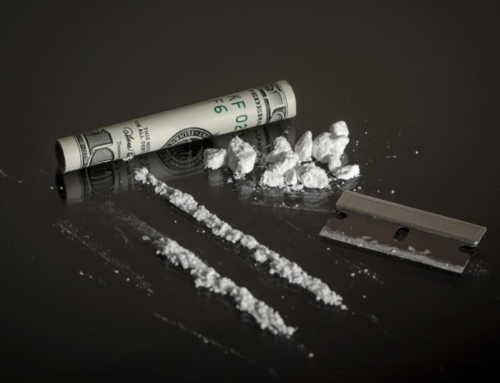 If House Bill 81 becomes law, marijuana advocates in Texas will have achieved their greatest victory yet – statewide decriminalization of the drug. Shaun McAlister, the leader of the Dallas-Fort Worth chapter of the National Organization for the Reform of Marijuana Laws (NORML) believes that the political and social climate is now in a place where the change has a real shot at making it through the House and Senate. Others, like retired Texas Department of Public Safety narcotics agent Corky Schalchlin, disagrees, thinking that the bill has no legs to stand on here.
If House Bill 81 becomes law, marijuana advocates in Texas will have achieved their greatest victory yet – statewide decriminalization of the drug. Shaun McAlister, the leader of the Dallas-Fort Worth chapter of the National Organization for the Reform of Marijuana Laws (NORML) believes that the political and social climate is now in a place where the change has a real shot at making it through the House and Senate. Others, like retired Texas Department of Public Safety narcotics agent Corky Schalchlin, disagrees, thinking that the bill has no legs to stand on here.
This bill comes at a time where some Texas cities have been loosening marijuana laws. Perhaps the biggest example of this is Houston, where the new district attorney recently announced that people who are caught with small amounts of marijuana will no longer face jail time.
What is Decriminalization? Is That Different from Legalization?
If marijuana were decriminalized, like in Houston, possession of small amounts of marijuana would not be a serious enough charge to result in arrest, jail time or a criminal record. HB-01 would institute a civil penalty (not a criminal one) of up to $250.
This is different from legalization in that if marijuana were fully legalized, there would be no penalties whatsoever for possession of small amounts, dependent upon how much Texas legalizes (Colorado, for example, allows people to carry up to one ounce.)
What if you already have active possession charges and decriminalization occurs? Those charges, unfortunately, do not just go away. There is no automatic expunction (expungement) of marijuana-related charges on your criminal record.








